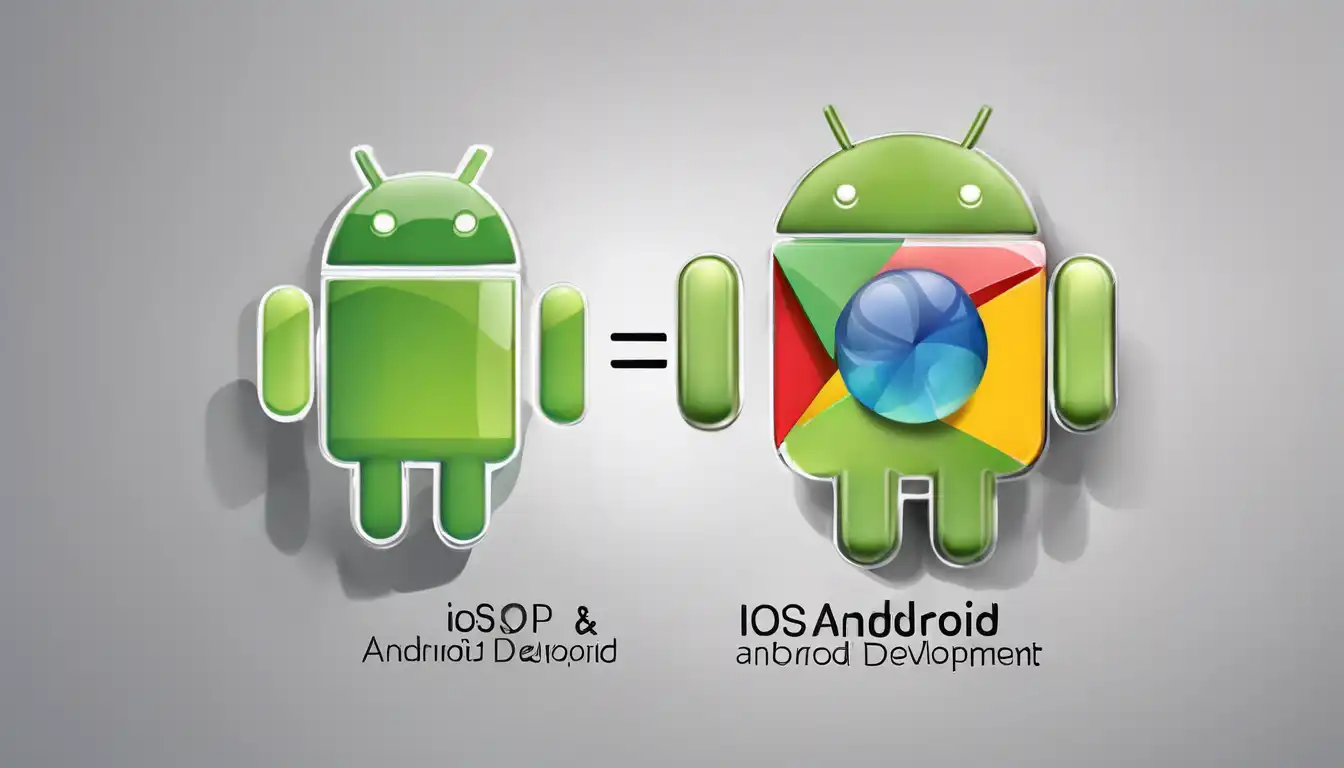Understanding iOS and Android Development
When it comes to mobile app development, iOS and Android stand out as the two dominant platforms. Each has its unique ecosystem, development tools, and user base. Understanding the differences between iOS and Android development is crucial for developers aiming to create successful applications.
Development Languages
One of the primary differences lies in the programming languages used. iOS development primarily uses Swift or Objective-C, while Android development relies on Java or Kotlin. Swift and Kotlin are modern languages designed to be more intuitive and safer than their predecessors.
Development Environments
iOS developers use Xcode, Apple's integrated development environment (IDE), which is only available on macOS. Android developers, on the other hand, use Android Studio, which is available on multiple operating systems including Windows, macOS, and Linux.
Design Guidelines
Apple and Google have distinct design philosophies. iOS apps follow the Human Interface Guidelines, emphasizing clarity and deference. Android apps adhere to Material Design, focusing on tactile surfaces, bold graphic design, and intentional white space.
Fragmentation
Android's open nature leads to a wide variety of devices and OS versions, making fragmentation a significant challenge. iOS, with its limited number of devices and controlled updates, offers a more uniform development environment.
App Store vs Google Play
The App Store and Google Play have different submission processes, review times, and monetization models. iOS apps typically generate higher revenue per user, but Android reaches a broader audience globally.
Performance and Optimization
iOS devices are optimized for their hardware, allowing for smoother performance. Android's diversity requires developers to optimize apps for a range of hardware specifications.
Security
iOS is known for its stringent security measures, including app sandboxing and rigorous app review. Android offers robust security features but is more susceptible to malware due to its open ecosystem.
Conclusion
Choosing between iOS and Android development depends on your target audience, project requirements, and personal preference. Both platforms offer unique advantages and challenges. By understanding these differences, developers can make informed decisions and create apps that stand out in the competitive mobile market.
For more insights into mobile development, check out our technology section.
